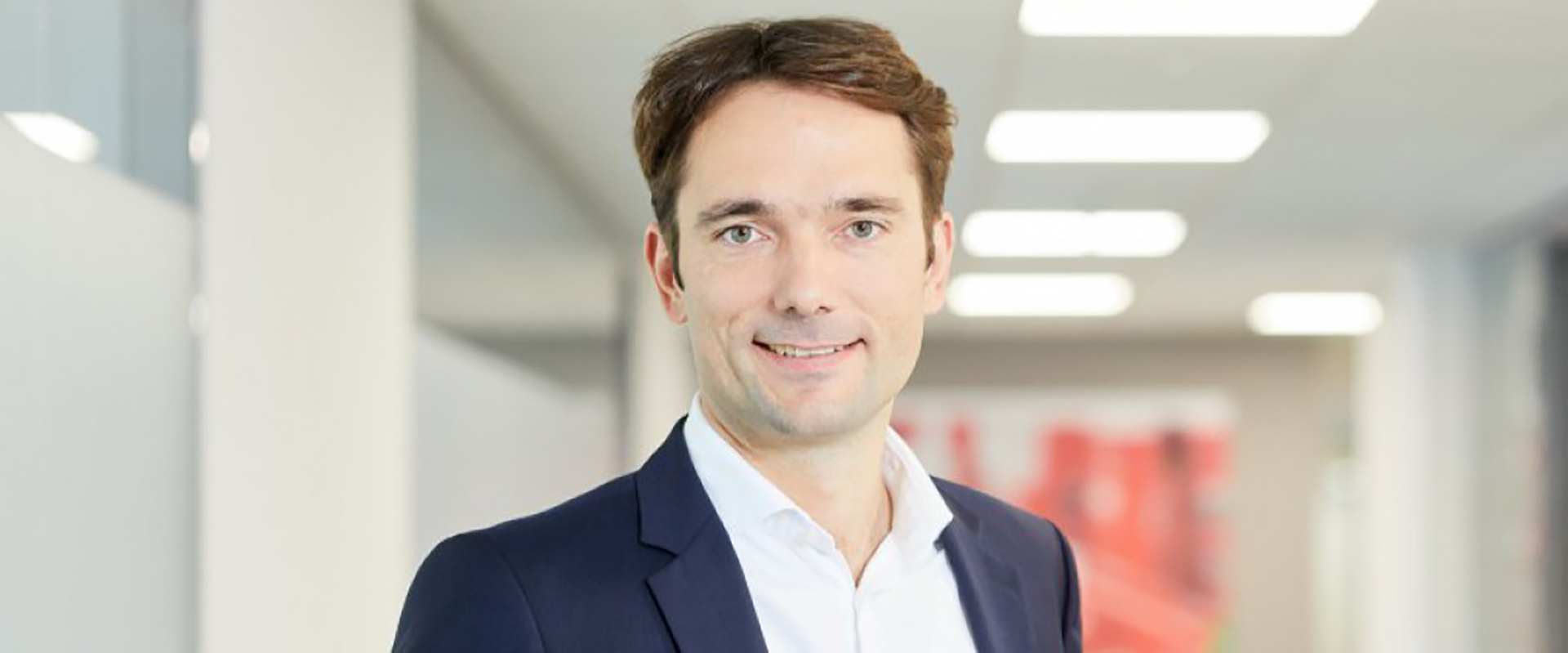While still in secondary school in his native Germany, a teacher told Nils Hemmerle about an Open Day event at Maastricht University School of Business and Economics (SBE). “I knew I wanted to study business, but lots of people at the time were looking to do so,” Nils recalls. “I wanted to do something a little different than study at a German university. I was really attracted by Maastricht being a young and dynamic environment and also the international character of the programmes.”
He also found the problem-based learning approach of SBE very appealing. “More so than listening to lectures in a huge hall,” he says. “I find you learn a lot more. You discuss and exchange ideas with other people. It’s far less passive learning and I learn better when I actively have to work on things. You work on real business cases, which prepares you to think in the real world. I also just really loved the city.”
The value of traveling abroad
Nils completed his master’s degree at SBE and took a year off to work abroad. “I wanted to go to an emerging country and I wanted to learn another language,” he says. “Mexico looked appealing to me. I was interested in traveling outside of Europe, and I was interested in learning another language.”
For six weeks, he followed a Spanish language course—he was already fluent in English, German and Dutch and spoke some French. After that he worked in a social development project in the south of Mexico helping small indigenous communities to develop themselves. He then completed an internship in the German/Mexican chamber of commerce, helping small and mid-sized companies to enter into the Mexican markets.
The year enhanced his education, not only because some of the work he did was able to be applied toward credits for graduation, but also for personal growth. “I think every international experience broadens your perspective a bit,” he says. “Mexico works completely differently from what we are used to in Europe. The culture is a lot more easy going and you solve problems differently there and work with different personalities. It makes it easier to accept that things do not always work the way you expect them to work, so you become more flexible. It also makes you more mobile. Once you’ve had the experience you are less afraid to move abroad again.”
Launching a career
Nils completed his studies with a master’s thesis focusing on the impact of brand communities on brand loyalty. After graduation, he began working with Henkel in Germany, and has gone on to become the General Manager of Laundry&Home Care in the Benelux.
His thesis advisor, Prof. Dr. Gaby Odekerken, is pleased to see Nils’ career has gone so well. “As a former thesis supervisor of Nils, I am very proud to see that he is currently General Manager at Henkel,” she says. “As an alumnus of our international business programme he demonstrates that our international curriculum in a problem based learning setting prepared him very well for a very steep career in fast moving consumer goods.”
Magnitude of change
As for how the business world has changed since he first entered it, Nils says digitalisation has influenced practices enormously. “My personal expectation for my professional career was that I always wanted to work in a more corporate environment, a multinational environment, so I anticipated that things were going to become more global, more connected,” he says. “What I probably underestimated is the magnitude of change that’s in front of us, and the speed of change, especially with the digitalisation of processes. It’s opening up a lot of new opportunities, but it’s also bringing a lot of change. There are service ideas popping up and are made possible by digitisation.”
The world has become more entrepreneurial as a result. “I think universities are also encouraging students to think entrepreneurially,” he says. “This entrepreneurial spirit coming out of university can be a good source for new business ideas, which is great.”
Startups, he says, are bringing a “certain vibe” into the business world, and entrepreneurial thinking is extending also into the corporate world as a result. “Digitalisation gives access for rather small companies to resources and opportunities which were probably not possible ten or fifteen years ago,” he says. “And there is so much money out there now for startup ideas. In times of rapid change, these new business concepts also make a difference for Henkel.”
Nils encourages recent graduates and students to take advantage of these shifts if they are so inclined. “I would say if you have a good idea and you’re a convincing entrepreneur, it’s much easier to get money,” he says. “And you should go for it.”
Taking the next step
If you want to find out how our lifelong learning initiatives can boost your career, feel free to get in touch and let’s start creating an impact together!
Nils Hemmerle completed his Master’s in International Business at SBE in 2004. Learn more about him on LinkedIn.
Text: Tracy Brown Hamilton



